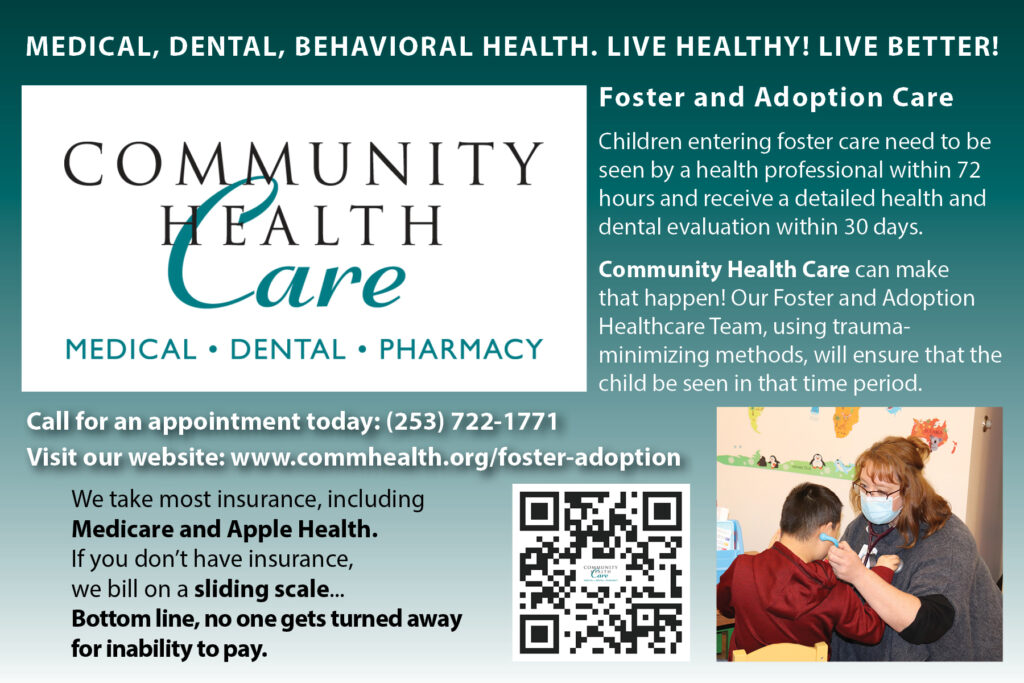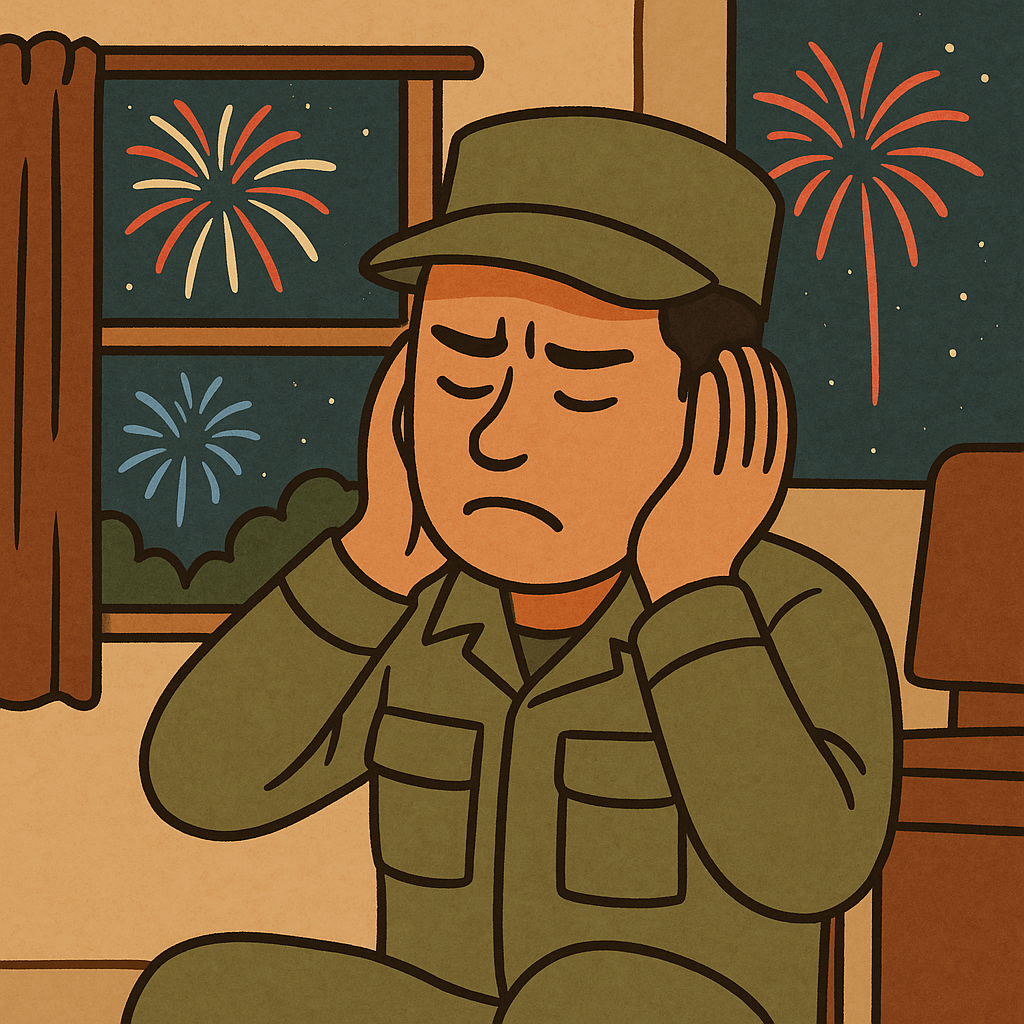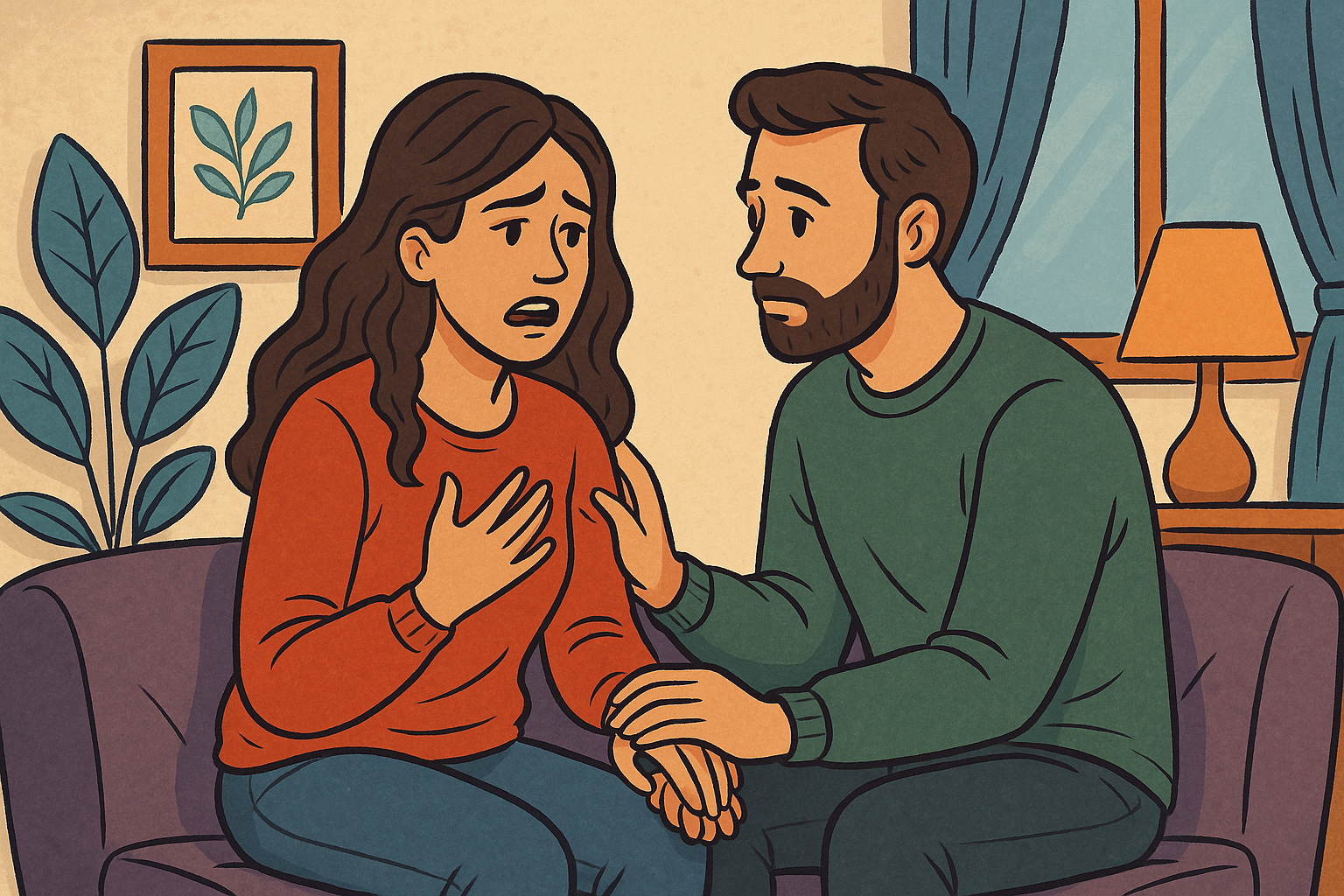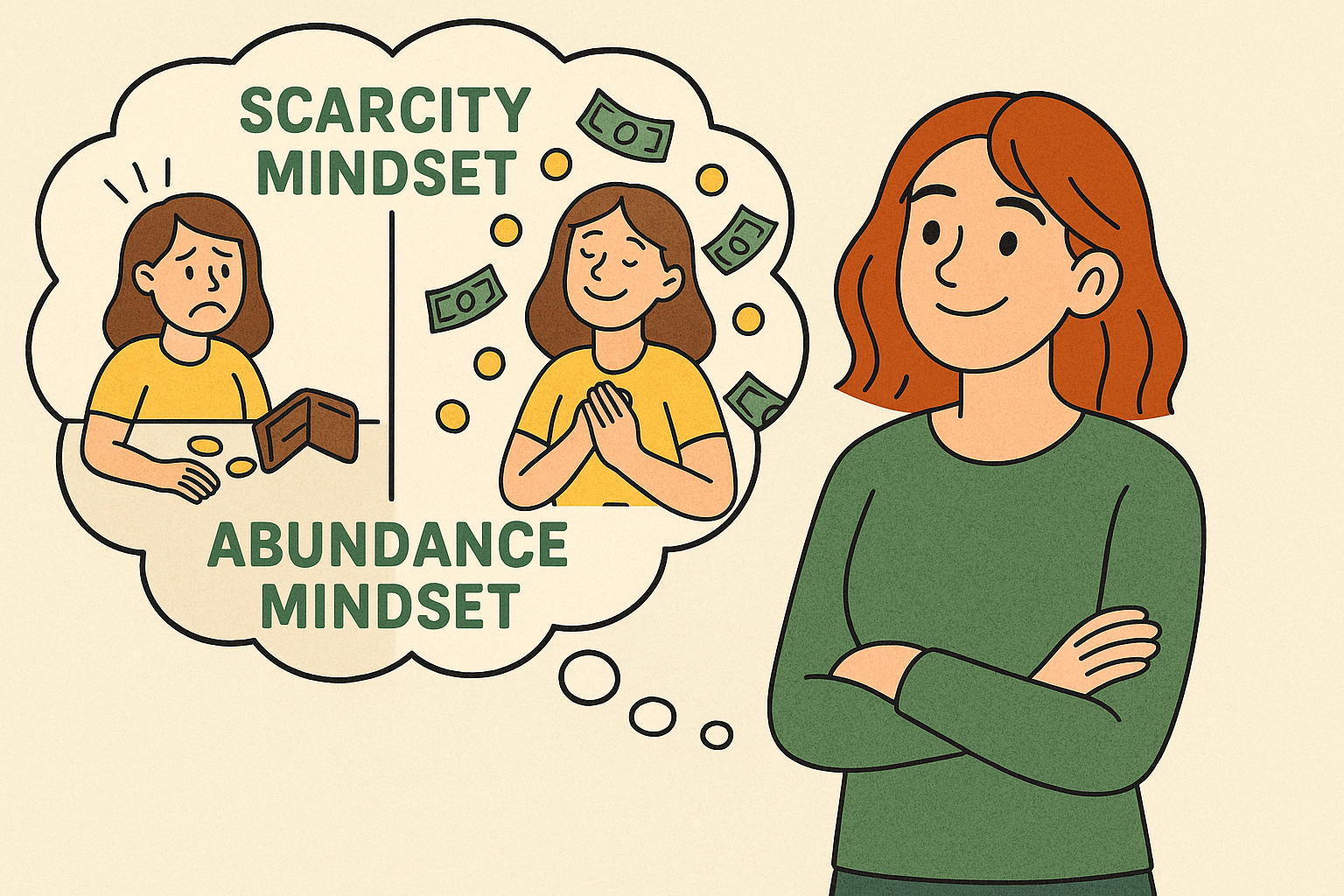BY AARDE WRITES for WEEKLY VOLCANO 7/4/25 |
Hey Aarde,
Every year, the fireworks start popping off, and I’m brought back to a space that I do not wish to return to. The effects of PTSD are overwhelming and can sometimes be embarrassing. I’ve lost a lot of friends over the years because I’m either on guard or reacting. I can’t seem to find a middle ground to exist in. Even though I’ve spent years in state-provided therapy, I feel like I’m still missing tools to deal with this holiday. I want to cope better throughout the year—and especially prepare more thoroughly for next year. Any thoughts?
Signed,
Quietly Resolving
Hey Quietly Resolving,
First, please know that you are safe, and you are not alone. PTSD is a complex condition that often requires more trial and error than expected. Most importantly, communicate and advocate for yourself with your healthcare provider. Let them know which tools you’ve tried and ask about alternatives. Many trauma-focused psychotherapy approaches exist—and alternative therapies like acupuncture, yoga, microdosing psilocybin, ketamine, or MDMA are helping people when traditional routes fall short.
Let’s consider the one benefit of annual fireworks: you can prepare. Knowing ahead of time gives us an opportunity to plan. Too many people with PTSD expend massive energy reminding themselves that they’re safe. The good news is, you’re facing this head-on instead of avoiding it. Avoidance often worsens symptoms and causes them to erupt in unrelated moments.
Now, about the embarrassment you mentioned. I imagine it hits hardest when you can’t control your reactions in front of people who don’t understand or support your diagnosis. I believe people come into our lives as guides or leave when they’ve served their purpose. Each stage teaches us something. People who haven’t done their own emotional work may not have the skills to support someone navigating PTSD.
While many PTSD resources are geared toward veterans, the tools themselves are universal. A strong support network that shows up for you in moments of need can ease feelings of shame. Good friends respond positively to loved ones who are honest about their needs.
But not everyone has a supportive community in place. If that’s your situation, please know help is still available. The VA National Center for PTSD lists these resources:
• Call 911 for police, fire, or emergency medical help.
• Call 988 to speak to a trained crisis counselor. You can also text 988 or chat online with the Suicide and Crisis Lifeline.
• Veterans can call 988 and press “1” to speak with someone trained to support them, or text 838255, or chat online at the Veterans Crisis Line.
• Go to the nearest emergency room for immediate help.
I’d also like to share a personal experience. My grandfather, a Seabee veteran of the Korean War, didn’t show any signs of PTSD—at least not to me—until late in life, after developing Alzheimer’s. During the last seven years of his life, he vividly relived traumatic memories. It was the first time I saw him scared, and it broke my heart. Through that experience, I learned how to manage my own responses—confusion, sadness, anger, and guilt—with patience and grace. Because I had compassion for him, I was able to discover tools to help him cope during anxious episodes. The top three were: distractions, outside support, and mindfulness.
Let’s explore those tools. First, create a distraction list—things you enjoy or want to complete. This could be a knitting project and a podcast, painting your bathroom seafoam green, or playing a board game with a friend. Next, create a list of mindful phrases such as: “I am safe even though I may feel danger. These loud noises are fireworks, not what my mind fears. I acknowledge my past trauma and choose to heal.” Repeat these phrases when you feel overwhelmed. Place both lists somewhere accessible but discreet. I like taping mine to the inside of kitchen cabinets—easy to find, easy to hide. Reading them aloud helps reprogram neural pathways with gentler, more accurate truths.
In addition to the crisis lines above, consider finding a local support group—especially those that center creative expression. A friend of mine once recommended 22 Too Many, which offers a strong in-person and virtual support network. You can also check Meetup for groups focused on PTSD healing or mental wellness. These spaces help you feel seen and understood in ways that casual social circles might not.
Unexpected triggers can be even harder. Research shows that one of the most critical tools in that moment is the pause. When the fight-or-flight response kicks in, even a few seconds of pause can shift your nervous system. That moment of recognition—“This is a trigger, not a threat”—can allow your brain and body to realign, especially if you’ve been practicing those mindful reframes.
Start now, so when fireworks return next year, you’re not surprised—you’re prepared. One quote I always return to comes from the U.S. Department of Veterans Affairs: “Veterans might remind themselves that it took time to train themselves to be on alert to all threats, and it will take time to retrain themselves not to be on high alert when there is no threat.” This applies to all of us.





